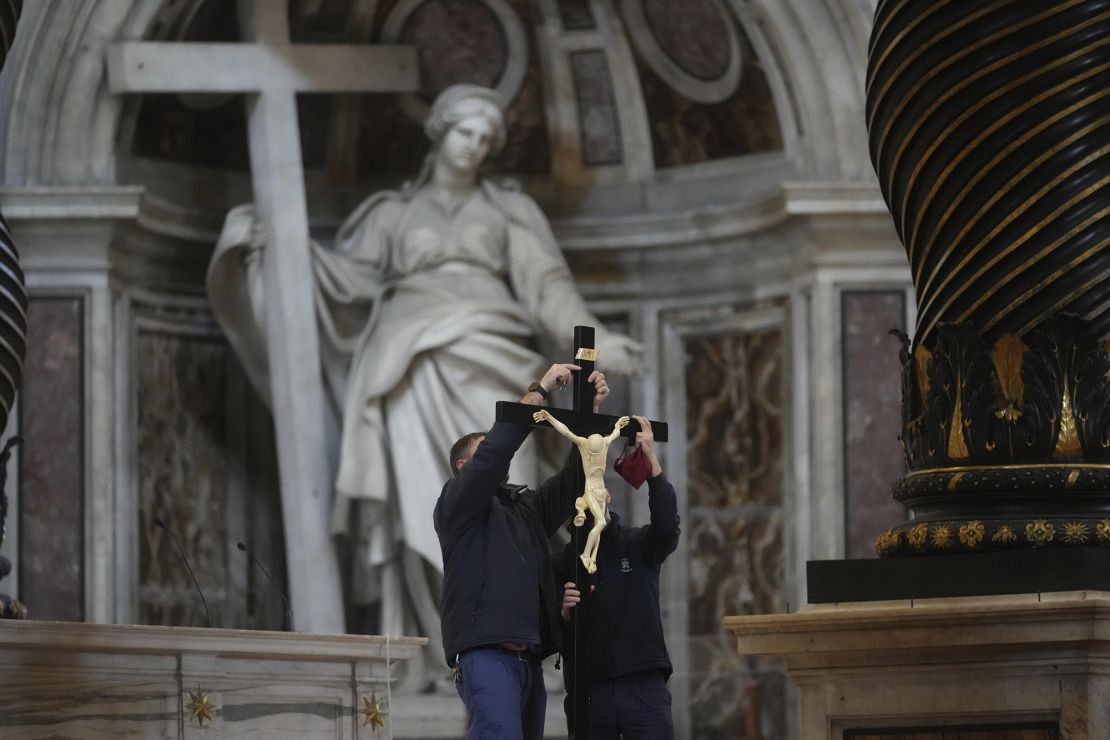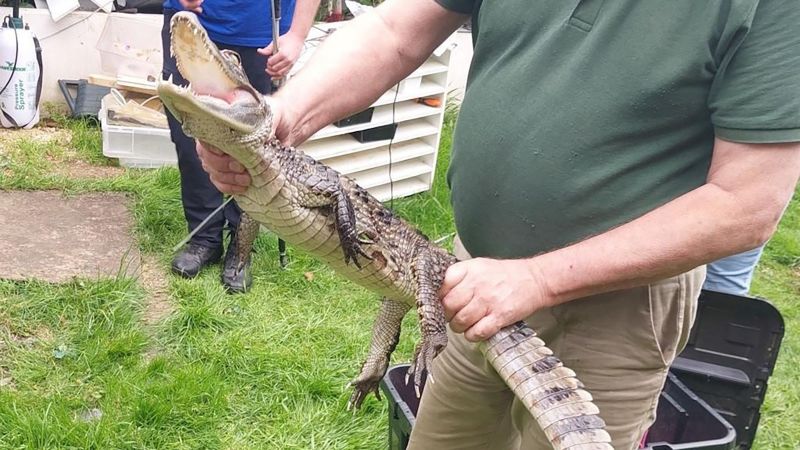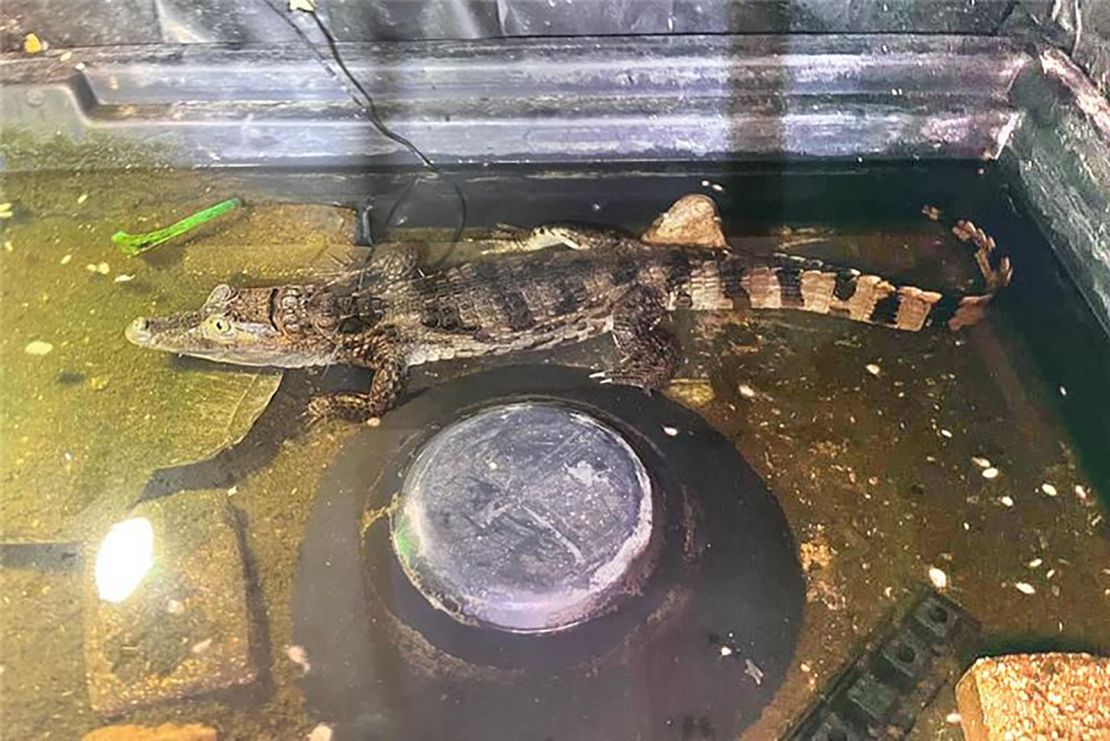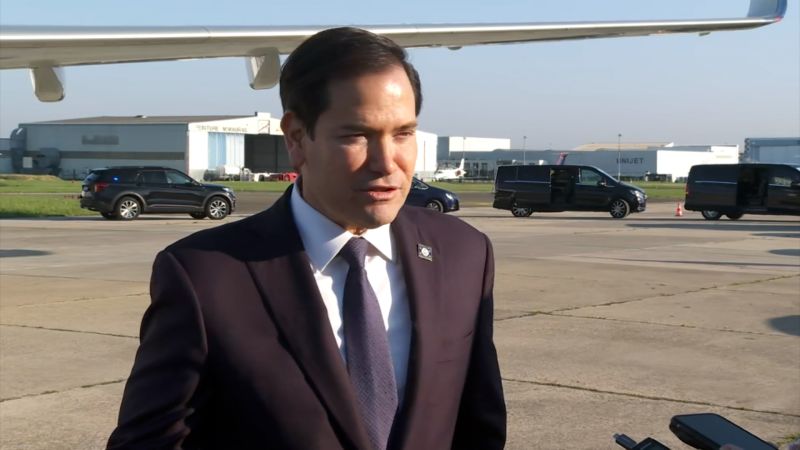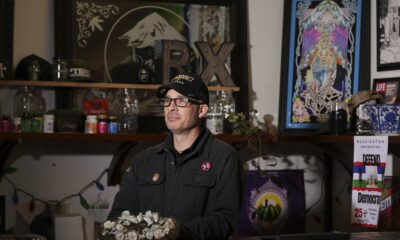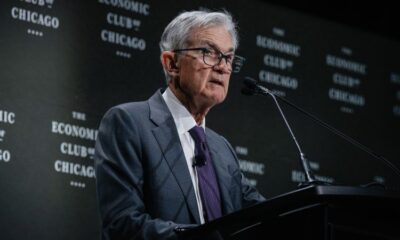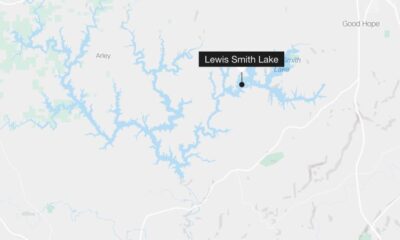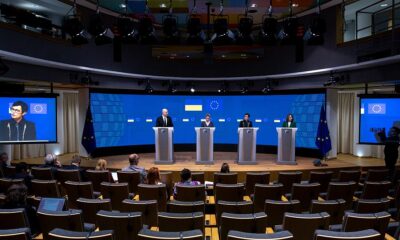CNN
—
The United States could end its efforts on ending the Ukrainian conflict within “days” if there are no signs of progress, US Secretary of State Marco Rubio warned Friday.
“If it is not possible to end the war in Ukraine, we need to move on,” he told reporters before departing Paris, where he had held high-level talks with European and Ukrainian officials. “We need to determine very quickly now, and I’m talking about a matter of days, whether or not this is doable,” he said.
Rubio’s comments point to mounting frustration within the Trump administration at the lack of progress at bringing the three-year full-scale war to a halt and come as the US has proposed a framework to drive an end to the conflict that includes the administration’s readiness to recognize Russian control of Crimea, according to an official familiar with the framework.
Later Friday, President Donald Trump told reporters in the Oval Office that Rubio was “right,” but he didn’t provide a timeline for the US to walk away when pressed. “No specific number of days, but quickly, we want to get it done.”
Asked to clarify what Rubio meant that the US would “move on,” a US official told CNN the secretary of state was talking about the US moving on from negotiations and that the next few days will be important to figure out where things go from here.
A source familiar with negotiations for a Ukraine peace deal told CNN’s Pamela Brown that Rubio was “communicating the president’s views.” Characterizing the administration’s thinking on where things stand in the conflict, the source said, Trump “doesn’t have limitless patience for people to posture and play games.”
“It’s time to get serious,” the source added.
Trump expressed that view on Friday, saying, “If, for some reason, one of the two parties makes it very difficult, we’re just going to say, ‘You’re foolish, you’re foolish. You’re horrible people,’ and we’re just going to take a pass — but hopefully we won’t have to do that.”
Trump declined to say whether he is prepared to walk away completely from the talks or whether he would support Ukraine militarily if talks fall through.
Asked what progress he would need to see to continue negotiations, Trump said he would “have to see an enthusiasm to want to end it” from both sides, predicting he would know “soon.”
A broad framework has been presented to both sides, Rubio and the State Department have said, to determine whether the differences can be narrowed in this short timeframe. Rubio said it would be taken by the Ukrainians back to Zelensky to discuss, and it was raised between Rubio and Russian foreign minister Sergey Lavrov on a call on Thursday.
The Trump administration is ready to recognize Russian control of Crimea as part of the proposal, the official familiar with the framework said, which would be a win for President Vladimir Putin after Russia illegally annexed the territory from Ukraine in 2014. The proposal would also put a ceasefire in place along the frontlines of the war, the official said.
There are still pieces of the framework to be filled out and the US plans to work with the Europeans and the Ukrainians on that next week in London, the person said. The Trump administration is simultaneously planning another meeting between Middle East envoy Steve Witkoff and Russia to get Moscow on board with the framework, the source said.
If there’s no movement, the US official said, the administration will have to make significant policy decisions. Trump has threatened secondary sanctions and tariffs on Russia. But he has also said the US won’t continue to fund Ukraine indefinitely and that Europe needs to step up, the US official noted.
Moscow has stalled on negotiations and rejected a ceasefire proposal agreed by Kyiv. Having promised on the campaign trail to end the fighting in a day, Trump more recently said “Russia has to get moving.”
The Kremlin said Friday that Russia was “striving to settle this conflict.”
“The contacts are quite complicated because the topic of Ukrainian settlement is also not simple,” Kremlin spokesman Dmitry Peskov told reporters.
Responding to a question on Rubio’s remark, Peskov acknowledged the progress already made in talks. “Certain developments already exist, but of course there are still many difficult discussions ahead,” he said.
Elsewhere, Evgeny Popov, a well-known face on Russian state TV and Duma representative, described Rubio’s comments as Washington issuing an “ultimatum” to Kyiv.
Despite US officials holding talks with Ukrainian and European counterparts on Thursday in what the State Department touted as an “excellent exchange,” and progress being made toward a landmark minerals deal between Washington and Kyiv, peace still feels out of reach. Meanwhile, a partial ceasefire on energy infrastructure brokered by the US came to an end on Thursday, an agreement both sides frequently accused each other of violating.
Vice President JD Vance said hours after Rubio’s comments that the Trump administration feels “optimistic” they will ultimately be able to successfully negotiate an end to the Russia-Ukraine war.
“I want to update the prime minister on some of the negotiations between Russia, Ukraine, and also some of the things that have happened even in the past 24 hours,” Vance said in Rome during a bilateral meeting with Italy Prime Minister Giorgia Meloni.
He continued, “I think we have some interesting things to report on, of course, in private, some negotiations. I won’t prejudge them, but we do feel optimistic that we can hopefully bring this war, this very brutal war, to a close.”
A US-authored outline of a peace plan had received an “encouraging reception” at the talks in the French capital on Thursday, according to a State Department readout, which did not give details on the outline. Rubio also spoke with Lavrov and conveyed the same outline, the readout said.
Speaking Friday, Rubio said he and Witkoff had come to Paris to “begin to talk about more specific outlines of what it might take to end the war” and whether or not this is a war that can be ended.
“If it’s not possible, if we’re so far apart that this is not going to happen then I think the president is probably at a point where he’s going to say we’re done,” he said.
“It’s not our war. We didn’t start it. The United States has been helping Ukraine for the past three years and we want it to end, but it’s not our war,” he added.
Meanwhile, Russia launched a missile attack on Ukraine overnight, hitting a residential neighborhood of the city of Kharkiv. The strike killed one person and wounded 67 others, authorities said Friday, adding they feared more people could be trapped beneath the rubble of a damaged apartment building.
Rubio’s words of warning on Friday come after the US and Ukraine moved closer toward clinching an agreement on a minerals deal on Thursday night.
Kyiv and Washington have now signed a memorandum as a move towards the proposed agreement, Ukrainian Economy Minister Yulia Svyrydenko said.
“We are happy to announce the signing, with our American partners, of a Memorandum of Intent, which paves the way for an Economic Partnership Agreement and the establishment of the Investment Fund for the Reconstruction of Ukraine,” Svyrydenko said in a post on X.
Ukrainian President Volodymyr Zelensky had said earlier Thursday that a memorandum related to the deal could be signed remotely that day.
“This document is the result of the professional work of the negotiating teams, which recently completed another round of technical discussions in Washington,” Svyrydenko continued. “Ahead is the finalization of the text of the agreement and its signing — and then, ratification by parliaments.”
“There is a lot to do, but the current pace and significant progress give reason to expect that the document will be very beneficial for both countries,” Svyrydenko concluded.
An earlier iteration of the minerals deal went unsigned following a public argument between Zelensky and Trump in February.
Details of the proposed deal have since been in flux, with Treasury officials meeting a Ukrainian delegation in Washington this week to hammer it out, sources told CNN.
This story has been updated with additional developments.
CNN’s Pamela Brown, Alex Marquardt, and Betsy Klein contributed to this report.


